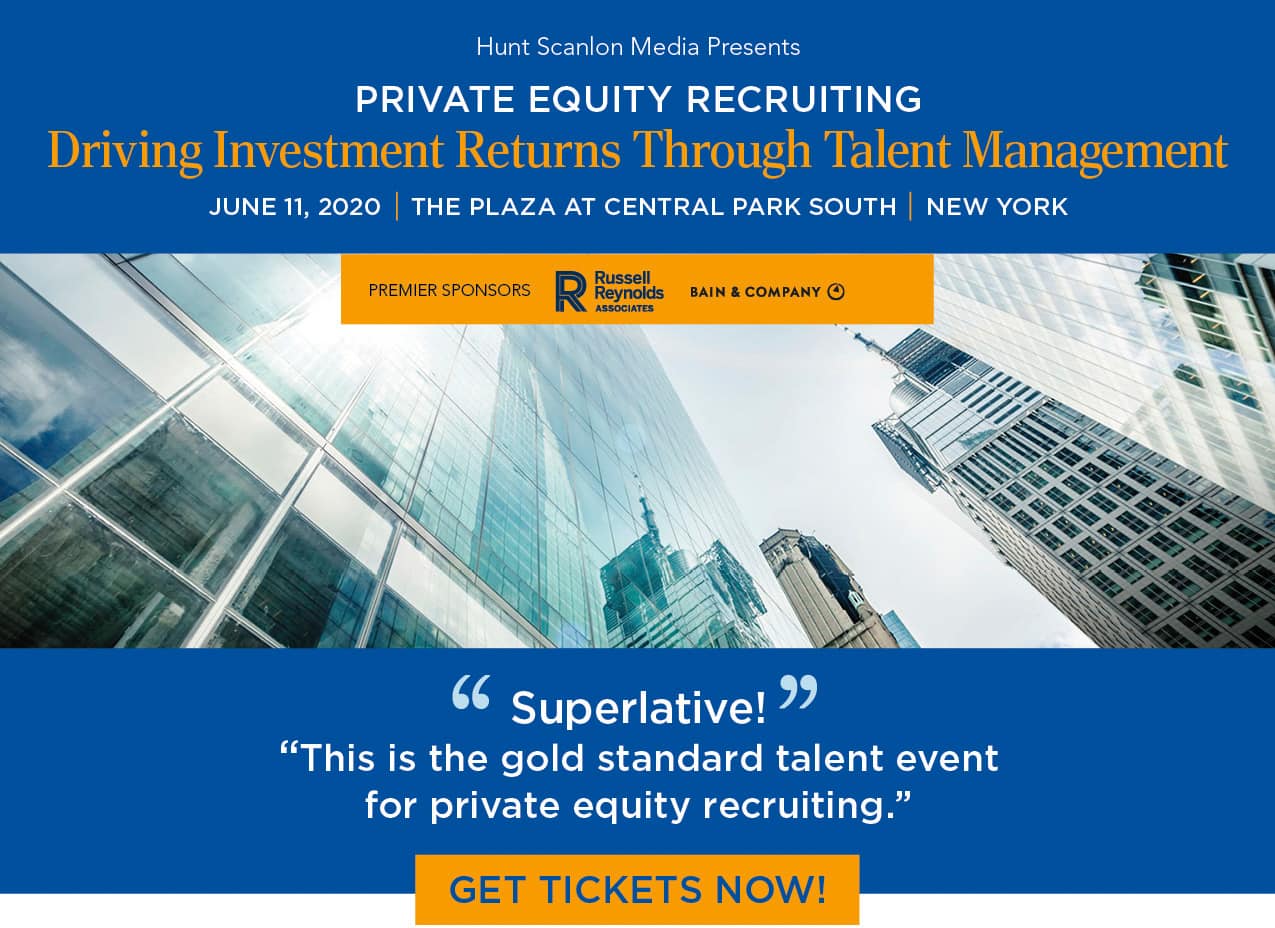11 Key Strategies for Seeking a New Job During a Pandemic

March 23, 2020 – In these unprecedented times, people are stressed, confused, worried, perplexed and in various stages of emotional overload while the daily influx of troubling news continues.
If you are unemployed and looking for full-time employment, you are having the challenge of your business life right now. A new report by Russ Riendeau, senior partner and chief behavioral scientist with New Frontier Search Company, provides the best strategies for job hunting during crisis times.
“In this unprecedented pandemic, people are worried about losing their job as well,” Dr. Riendeau said. “So, is there good news here, you ask? Yes.”
There are many things that you can implement to influence your odds and impact in securing job interviews and getting the attention of hiring managers who are distracted and in crisis management mode. It will be a bigger challenge to secure interviews, let’s be very clear, but you have the power and time to make the changes that will help increase your job search effectiveness.”
So, just how do you get the attention of hiring managers in this crisis? How do you demonstrate you are the person to hire over others? How do you find jobs other than applying to only the posted ones? How do you tap into the next level of your network to leverage job leads? How do you explain your reasons for your recent job loss/job changes effectively? Here are some critical considerations.
1. Prepare for your search to be longer. Don’t take rejections or no return calls personally. “It’s a pandemic and people are confused,” said Dr. Riendeau. “Acknowledge the hiring manager’s challenges in leading their teams and then share how you have also led/worked in challenging times. Accept, acknowledge, and offer help.”
2. Review your skills list. Show your experience to demonstrate how you’ve been successful and dependable in other tough situations: 9/11, SARS, Y2K, floods, hurricanes, recessions/depressions, active shooter experiences, etc. “Don’t exploit these tragedies but practice talking about what you learned about yourself, how you and your team helped others and stress your resiliency and positive attitude and successes,” said Dr. Riendeau.
3. Effective communication. “Be very succinct with your messages, emails and texts,” Dr. Riendeau said. “Be specific, polite and ask for a response to insure the person understands exactly what you are looking for.”
 Crisis Management: Leading in Times of Great Uncertainty
Crisis Management: Leading in Times of Great Uncertainty
The COVID-19 outbreak is making its way through the business world and costing organizations billions of dollars in lost revenue. Goldman Sachs estimates that economic growth around the world will be zero in 2020 thanks to the virus. Even that seems grossly underestimated. But the coronavirus is causing far more than just financial damage. Leaders are scrambling to secure supplies, keep fearful employees motivated to work, and, in some cases, maintain bold strategic plans that have been years in the making from falling apart.
4. Recruiters will only be so effective. Eighty percent of jobs are through personal efforts and not search professionals, so commit your time to proactive work to find jobs.
5. LinkedIn profile:If your online profiles are not current, you are compromising your job search. “Be sure you have a photo of yourself that shows a confident, pleasant appearance. No cute pictures to be clever,” Dr. Riendeau said. “Our world is in a state of confusion, so look like you are ready to handle the task. Be sure your summary is short, direct and consider asking questions that you can be the solution for. Focus your message and profile to attract a person that can hire you. That is the goal. Speak their language and ask them questions that you suspect they are dealing with in their role. Research and phrase your summary to their language.”
6. Resume: Content should reflect the energy and consistency of your LinkedIn profile. “Customize the content for each job you apply for,” Dr. Riendeau said. “Use that industry’s language, address challenges they are facing that you have solved similar problems for.”
7. Utilizing social media. Dr. Riendeau said to also use LinkedIn to find out and watch what jobs people left and follow the trail to see if that job is still open. “Be creative and determined to trace the trail to that job,” he said. “Don’t only look for posted jobs that’s where all the competition goes. Target companies that your successful skills and experience will tie back directly to solving a problem quickly.
Related: Work-Life Balance Matters, But Does It Matter Most?
“Make a case to them as capitalists why they should meet you—even if they don’t have an immediate opening,” he said. “Especially right now when layoffs are coming, hiring freezes looming. You have to look like you are worth investing in to have on the team.”
8. Expanding your network. “Pursue calls with people outside of your immediate network,” Dr. Riendeau said. “The people closest to you—if they have not led you to a job lead—will not be a viable help. Sorry, it’s true. Support, yes. But will they find you a job lead? Unlikely. Pursue new leaders and companies that you can create a compelling story and leverage your knowledge.”
9. Have proof ready to sell yourself. If you have excessive job changes in the last six years for example be prepared to show how you are fixing the flaws in whatever may have created these job changes (i.e. poor decision-making, lack of research on your part, mistaken loyalty, lack of proactive training and professional development, a personal crisis you have turned around, etc.). “Show the listener you realize it may be your fault regarding some of the job issues and you are fixing your mistakes,” said Dr. Riendeau. “Gather documents to prove your work is great. If you can’t prove it, they won’t believe it or they will make you a lowball offer to protect themselves.”
 Working Virtually Keeps Everyone Safe and Productive
Working Virtually Keeps Everyone Safe and Productive
Staying at home may be the best way to stay safe in these early days of the global coronavirus crisis, but it also happens to be the best way to get the most done at work. That is according to a new Korn Ferry survey of professionals regarding working virtually. The vast majority of respondents (88 percent) said they are more productive when they work virtually, and 84 percent said they actually work more when they don’t go into the office.
Dr. Riendeau said you need to prove you are studying your craft every week. What best-selling books/seminars/workshops are you viewing right now? What magazines, TED Talks, LinkedIn Groups are you participating in? What industry associations are you active in? If you can’t show you are urgently, consistently working to improve your sales, marketing, banking, managerial, supply chain, operations skills, how can you expect to demand a great offer or convince an employer you are the best in show?
10. References. “Have your references ready at a moment’s notice,” Dr. Riendeau said. “If you can’t get a reference from the company that laid you off or terminated you, this will create problems in getting an offer, let alone an interview. Work hard to ensure a reference can be secured.”
11. Practice your interview skills. “Rehearse, be tough on yourself, test drive your weak answers and be ready to be scrutinized to prove you are the best for the job,” said Dr. Riendeau. “If you are not willing to address and accept the weak parts of your presentation, you job search will continue to be challenged. Seek out a paid professional or coach to prepare you for this critical interview process.”
“Best of luck, keep a steady path, don’t let up and be self-aware of how you present your skills to a confused world at work,” Dr. Riendeau said.
Related: The Upskilling Deadlock to Continue in 2020
Contributed by Scott A. Scanlon, Editor-in-Chief; Dale M. Zupsansky, Managing Editor; and Stephen Sawicki, Managing Editor – Hunt Scanlon Media












